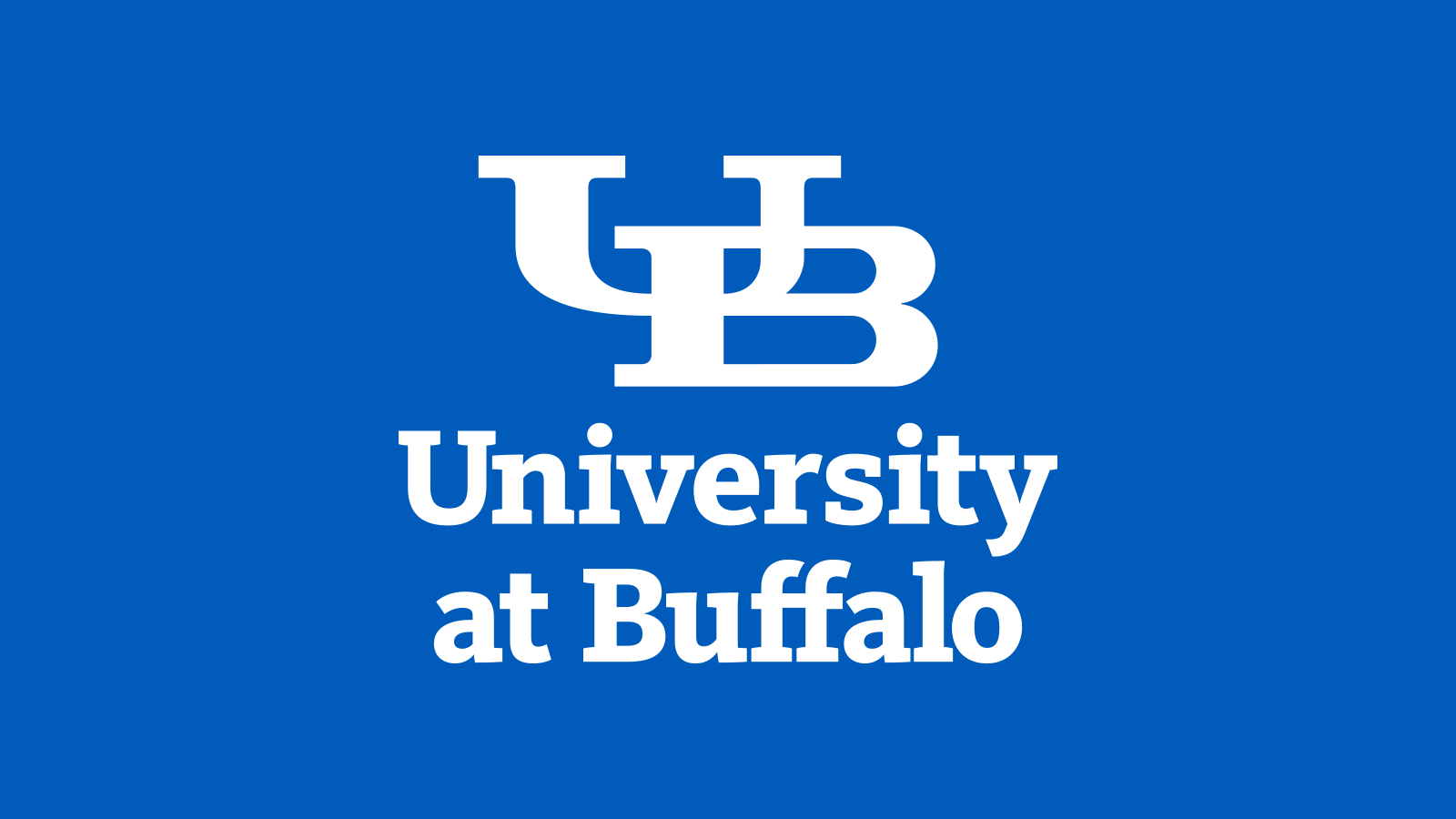
Men and Trauma: 5 Dynamic, Solution-Focused Questions to Use in Therapy
“I am not what happened to me, I am what I choose to become.” – Karl Jung
socialwork.buffalo.edu
“I am not what happened to me, I am what I choose to become.” – Karl Jung
Introduction
Jung penned these words in 1965, and I find myself returning to them often in my work. The intention of this blog post is to provide clinicians with tangible and pragmatic tools to enhance treatment effectiveness with men who have with trauma histories. As a solution-orientated therapist, the tools I use are questions.My hope is that in using these questions effectively with the men you serve, they become more of who they are, and less of who they aren’t.
5 questions to ask
1. “What has been the greatest accomplishment of your life?”
Whenever I do an initial intake, I spend at least five to ten minutes at the beginning of the appointment with this question. Asking your client about what they have achieved, builds awareness of their patterns of success. This also helps the client feel at ease and competent.Naturally, this question also helps men build confidence. Confidence in many ways is a requirement for successful goal formulation. Confidence also decreases men’s fears about treatment and making change.
Sometimes, the client may respond saying that they have not achieved anything great in their life. As the therapist, it’s important to add, “not yet.” If a client gives that response, it becomes a very appropriate time to talk about goals and ask, “Well, what would you like to say someday is one of your great achievements?”
2. “What helped you survive?”
Often times our work as a therapist is to reframe the experience of our client. This question alters the client’s perception from a place of being a “victim” to being a “survivor.” This creates different expectations and also allows the client to see that in fact they have done something valuable. It may also allow them to see other strengths that they possess as well as ways to build upon them.It is important to note that male trauma survivors may habitually destroy their own self-worth, abusing themselves and ruminating on past failures. This question subtly harnesses the power of positive blame, demanding the client to take responsibility for their success and good decisions.
3. “How do you think other people have gotten through something similar to you?”
One crucial element in maintaining the therapeutic relationship and achieving positive treatment outcomes is respecting the client’s theory of change. This question begins a conversation about what the client believes about their diagnosis/prognosis and their preferred method for recovery. This also empowers male clients, offering them a way to collaborate and contribute to their own treatment process.Sometimes the answers clients give reveal the client has very little hope in therapy in general. In those cases, it becomes more important to explore ways to increase hope before more recommendations are made.
Clinicians can also use this as an opportunity to task clients to do some “research” and identify people who have recovered from similar situations. Stories of others’ success increase hope and motivation for change.
4. “Since this all happened, when have you felt at your best?”
Traumatic experiences can alter our observational skills. Often times, periods when symptoms are less intense (or absent) remain outside of our client’s awareness. If a client has no clearly defined goal, or they seem to “complain” habitually in session, it is very useful to provide the client with observational tasks.This question increases the client’s awareness of what is working in their life and has a meditative quality, allowing them to be more present for greater periods of time. It also enhances confidence and hope that may set the groundwork for the client to begin communicating about future goals for therapy. Remember that attention is a limited resource, so whatever your client focuses on gets bigger.
5. “Who do you feel closest to in your life?”
David W. Smith coined the term “Friendless American Male” during the 1980’s recognizing the consequences associated with disconnected men. Many healthy men prefer to connect and socialize with each other through experience rather than dialogue. In building a positive post-traumatic identity, men can benefit from the company and friendship with other men.This question helps to identity places of support and connection already in place in the client’s life. Each client is different and therefore patterns and preferences for connection may be vastly different. However, this is a respectful way to enhance the client’s support network and enhance their awareness of their process of connection. Once recognized, it may be replicated.
Sometimes, clients may respond saying that they are close to no one in their life. In those cases, it may be useful to ask them if there was anyone they were close to in their past. If so, how did they go about that process?
Conclusion
Remember that all people are patterns that persist. Change the pattern you focus on, change the life you lead. Have the courage to ask better questions with your clients. Our lives are the answers the questions we ask. Better questions can mean a better life for your clients.Select Resources
Author Bio

Daniel Lawson, LMHC, CASAC, works in private practice in Buffalo, NY. He specializes in working with men to overcome issues with relationships, depression, anxiety, substance abuse, death of a child, childhood trauma, or feelings of anger. Dan is a passionate, eclectic practitioner and bases his practice heavily on a solution-focused approach to therapy. As a result, many of his clients see the results they are looking for in less than six sessions. Dan also uses DBT, positive psychology, mindfulness, CBT, existential, motivational interviewing, and narrative therapy. When working with men, he focuses on restoring hope and connecting them to their ability to do what it takes to heal. In every session, clients leave with a plan to begin improving their life. In addition, Dan also specializes in supporting Catholic men and woman. He effectively combines his faith with his psychological training to provide therapy deeply rooted in Catholic Theology and Philosophy. Dan is a balanced professional and works effectively with his clients regardless of their spiritual/religious beliefs. Prior to starting a private practice, Dan worked at Horizon Health Services for ten years. In addition to his clinical experience, Dan has experience in training provision and clinical supervision services. Visit his websites for information at http://catholictherapysolutions.com and www.counselorscorner.net/clinicians.html.
Published 9/7/17
Post Traumatic Success: Positive Psychology and Solution-Focused Strategies to Help Clients Survive and Thrive by Fredrike Bannink 2014 (book)
101 Solution-Focused Questions for Help with Trauma by Fredrike Bannink 2015 (book)
American Psychological Association “10 Factors of Resilience”
Based on TIP 56: Addressing the Specific Behavioral Health Needs of Men KAP Keys for Clinicians (SAMHSA)
TIP 56: A Treatment Improvement Protocol Addressing the Specific Behavioral Health Needs of Men
Grit: The Power of Passion and Purpose by Angela Duckworth (book)
Essential Research Findings in Counseling and Psychotherapy, the Facts are Friendly by Mick Cooper (book)
Video-“Facts are Friendly Pt 1” – Mick Cooper
Video-“Facts are Friendly Pt 2” – Mick Cooper
Video-“Facts are Friendly Pt 3” – Mick Cooper
1001 Solution-Focused Questions by Fredrike Bannink (book)
Quick Steps to Resolving Trauma by Bill O’Hanlon (book)
BRIEF, an SF training institute in London
ICCE, a worldwide community dedicated to promoting excellence in behavioral healthcare services
Pennsylvania University Positive Psychology Center (Seligman)
Penn University with positive psychology questionnaires (VIA Character Strengths Survey)

